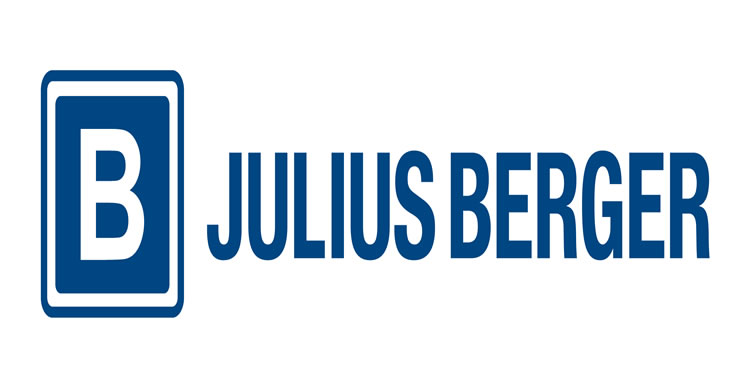Julius Berger Nigeria Plc has emerged as a leading force behind the ongoing transformation of Abuja’s infrastructure, delivering and executing major public works that are reshaping the capital’s urban framework.
According to Regional Manager Oliver Berger, the company’s involvement in strategic developments across the Federal Capital Territory (FCT) underscores its long-standing partnership with the Nigerian government since its entry into Abuja in 1980.
“As Abuja continues to expand, Julius Berger’s contributions are not only enhancing the city’s aesthetics but also boosting transport flow, safety, and long-term economic functionality,” Berger stated.
Among the notable projects either completed or under construction are the Abuja-Kubwa Expressway, the runway at Nnamdi Azikiwe International Airport, and several urban road systems, including the Airport Road Interchange and Central Roads B6/B12. The company is also constructing the Arterial Road N5 (Obafemi Awolowo Way), a critical 4.4 km stretch featuring bridges, culverts, and intersections that aim to improve east-west connectivity in the city.

Beyond roadwork, Julius Berger has taken on the development of key facilities such as the Central Bank of Nigeria building, the Asokoro Hillside Multispecialty Hospital, and the Nigerian Upstream Petroleum Regulatory Commission’s new headquarters — the latter noted for its modern design, energy efficiency, and advanced engineering systems.
These interventions have played a central role in decongesting traffic-prone areas and improving travel time for commuters. For instance, the construction of the Jabi Lake Bridge and the Nyanya-Karu flyover has reduced traffic bottlenecks and facilitated smoother movement for daily travelers.
Berger emphasized the shift toward modern traffic infrastructure, which has replaced outdated junctions with safer, more effective interchanges. These changes have had a significant impact on public mobility, especially in districts experiencing rapid population growth.
The firm’s imprint also extends to the rehabilitation of existing structures, such as the International Conference Centre and the residences of top government officials, including the Vice President and FCT Minister.
Moreover, Julius Berger has taken part in the construction of prominent national landmarks like the Nigerian National Mosque and the Nigerian National Christian Centre, combining architectural vision with public utility.
As Abuja evolves, the company maintains its focus on delivering infrastructure that meets global standards, citing a commitment to quality, safety, and sustainability. With several more projects underway, Julius Berger is positioning itself not only as a builder of roads and bridges but as a key player in shaping the capital’s future.



